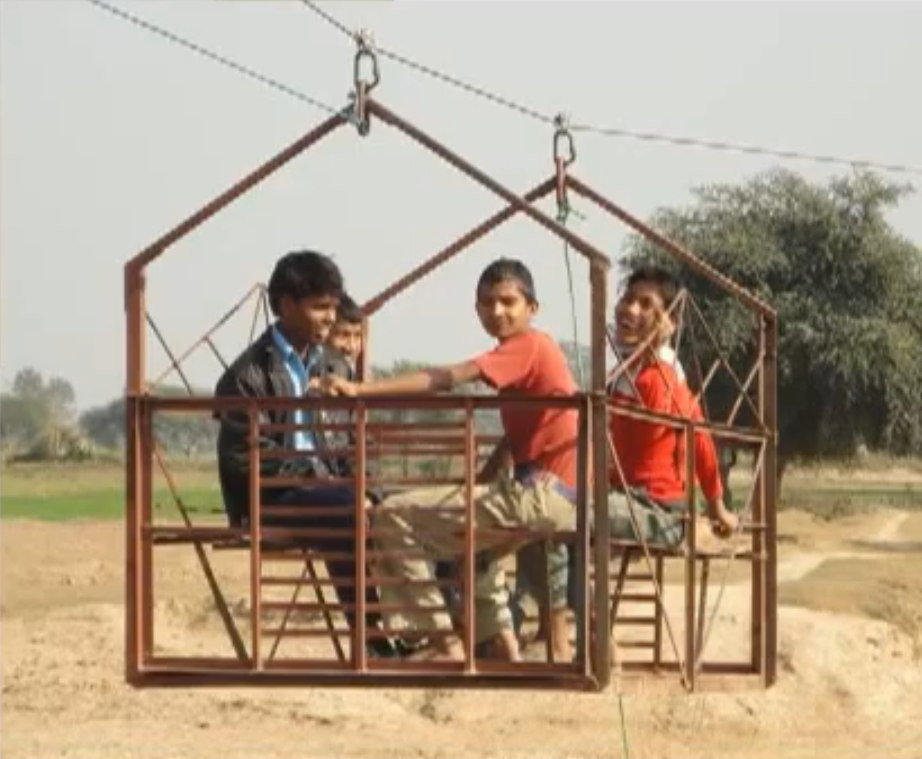Bribery, slavery and a zip wire
Q: What do these three things have in common?
A: A Christian businessman named Marian Noronha.
Marian is Indian, and was very troubled by the Indian business world’s culture of demanding and paying bribes in order to get things done, so he set out to tackle it, one business person at a time. He is now talking with people in Latin America, Africa, Malaysia and Indonesia about how they can roll out his simple, easy-to-implement idea in their nations and continents.
Then he turned his attention to slavery in Nepal. “We bought seven families, set them free, and created three villages for them,” he explains matter-of-factly in this video. “The next year we went back and bought 35 more families. That was enough that eventually…the king declared that slavery was illegal, and that was the end.”
Of course, freeing 200,000 people meant creating 200,000 homeless, jobless, hungry people, so he set about tackling that problem, too.
Among other things, he built their children a school. To reach the school, many people had to cross a river that can be very dangerous, so he set up a business to create a zip line to carry the students and teachers across the river in little cable cars!
This is a business man who clearly has the gifts, skills and vision to be able to create a great empire for himself - he is changing the business practices of countries across the world!
Yet his faith means that he is dedicated to using those incredible talents to empower the poor, to free the slaves, to create justice where once there seemed immovable injustice. And we are privileged to have this man as our keynote speaker at the RM Business Link conference this October.
The conference takes place on Wednesday, 23 October, at the Mulberry House Hotel in High Ongar, Essex, UK. It is an opportunity for entrepreneurs, business leaders and managers to gather, network together and be connected to the Kingdom mission of Relational Mission - and to be inspired by what is possible.


